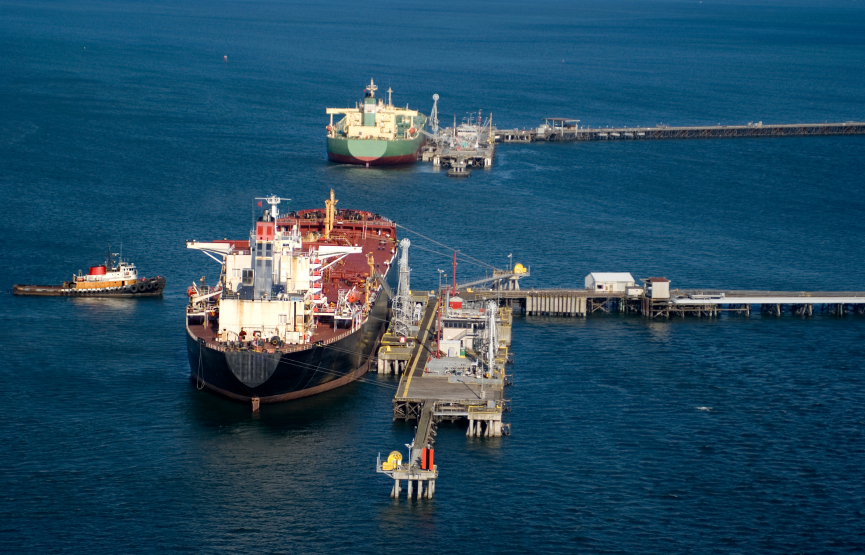Our Readiness for Oil Tankers in Canadian Waters
While all the attention in the public debate has focused on oil tankers in Canadian waters, it is important to realize is that many non-tanker vessels have a substantial amount of bunker fuel that can, if released in the marine environment, cause a great deal of damage. On the West Coast, we have over 13,000 foreign-flagged vessel movements each year of all types. This does not include pleasure vessels and Canadian-flagged commercial vessels or U.S. ships transiting the Inside Passage. Spills from non-tankers can have just as much of a major effect as tankers, especially if they occur in specific geographical areas during certain times of the year, for example around seabird colonies during the breeding season.

